We are saddened to get to know the sad demise of Prof. Dr. Fr. Felix Wilfred! Extremely unexpected, the shock refuses to settle down in our hearts. May God, the Divine mystery he relentlessly sought after, grant him eternal life!
Felix Wilfred was born in the year 1948 as the second child to B. Arogyam, a headmaster in a local school, and Mary Josephine, - a devout Catholic parents who lived in a rural village called Puthenkadai, Kanyakumari District, Tamilnadu, South India. Finishing his primary schooling by the age of 16, Felix was on board to Rome in 1965 to undertake his philosophical and theological studies to be trained for a Catholic priest. He completed these studies at Pontifical Urban University, Rome, studied Italian literature at the University of Perugia Italy, and read French philosophy and literature at the University of Caen, France. Even as a student, he won three gold medals for his academic excellence. Utilising the opportunities to the maximum, Felix mastered the philosophical and theological systems taught in the University classrooms, and learnt the classical languages of Latin and Greek, and the European languages of Italian, Spanish, French, and German.
His formative years were situated within the immediate post-Second Vatican Council era. Reminiscing the times, he said: “when I reached Rome in 1965, I witnessed, along with a large crowd of people, the closing ceremonies of Vat II at St. Peter’s Basilica. At that age, I did not understand much. I only liked to see such a colourful crowd... Only gradually I came to know of the significance of that event and the teachings of Vat II.” He eventually became an ardent proponent of the teachings of the Vat II. And, it was marvellously fitting that he was invited by present Pope Francis to attend as a theological expert the Synod on Synodality 2024!
Finishing his studies abroad, Felix came back to take up an assignment to be a theological educator at St. Paul’s Major Seminary, Tamilnadu, South India in 1977. Recapturing this moment of returning home, Felix said it was a moment of new-beginning of a process of theological education for him in the school of Indian realities. His presence in the Seminary, along with some of his notable colleagues of the time, changed very significantly the character of theological education imparted in the Seminary. Theologising with a new outlook of incorporating the secular concerns and experiences into the sacred subjects began to unfold not only within the institution, even outside of it. Theological publications that came out of the Seminary began to carry this new vision and began to set a new theological horizon in the vicinity.
Felix began to blossom as a theologian by publishing his reflections right from the early days of the teaching carrier. One of the early publications in Tamil, Talirkum Pizhambukal dwelt upon such themes of Second Vatican Council as the ‘signs of the times’, ‘transforming the world’, ‘importance of laity’ and so on. His emergence to be a theologian got recognised notably when he was chosen to be the President of the Indian Theological Association in the year 1983, at the young age of 35. Gradually his calibre began to be noticed internationally when he was chosen to be a member of the International Theology Commission of Vatican (1986 to 1991) along with the then Cardinal Joseph Ratzinger (who became Pope Benedict XVI). His presence as a theologian in the Asian soil began to be known widely when he served (from 1987-1997) as a member and executive secretary of the Theology Commission advising the Federation of Asian Bishops’ Conference (FABC), and a consulter to the Doctrinal Commission of the Catholic Bishops’ Conference of India (CBCI). He also served as a member of the Catholic Centre for UNESCO.
In the year 1993, Felix was chosen to be a Professor at the Department of Christian Studies of the State University of Madras. Taking up the post, Felix began to disseminate his theological reflections from a new locus that gave him God-given opportunity to interface the secular and the sacred. He presented papers in hundreds of international conferences in almost all the major countries of the world; published more than 350 research articles, edited journals and volumes; and, authored scholarly books. Some of his well-known books include Beyond Settled Foundations, The Emergent Church in a New India, Sunset in the East, From the Dusty Soil, On the Banks of Ganges, Asian Dreams and Christian Hope, Margins – Site of Asian Theologies, Dalit Empowerment, Sling of Utopia, Asian Public Theology, Christians for a Better India, Religious Identities and the Global South, and, For a Socially Engaged Faith. His contribution as guest editor of numerous issues of the journal Jeevadhara helped bring out the multiple features of his contextual theologising, the unique dimension of which lay in theologising on the most contemporary concerns of humanity.
In the year 2000, Felix became the Head of the Department of Christian Studies, University of Madras. The department began to vivify academically. Academic programmes increased: Masters and Bachelors Degrees in Christian Studies through the Institute of Distance Education came up on the scene; and, post-graduate diploma courses on ‘Ethics and Human Resource Management’ and ‘Ethics and Biotechnology’ were introduced due to his able negotiating capacity. Several research students began to enrol in the department, and he guided ably more than thirty students to complete their doctoral studies. Besides the courses, regular conferences and seminars on themes that touch upon social transformation became the order of the day. The department came to be noticed and appreciated at the University level. Felix was also appointed as Chairman of the School of Philosophy and Religious Thought in the University, and as President of the Faculty of Arts, besides serving as member in several other University related Boards and Councils. He was member of the Statutory Ethical Committees of the famous IIT Chennai, and of Anna University, Chennai.
He served as a faculty member of the Institute of Advanced Studies in Asian Cultures and Religions (IASACT), Hong Kong, a new initiative started in 2004 by the United Board of Higher Education, USA. As a visiting Professor, he taught at East Asian Pastoral Institute, Manila; University of Frankfurt, Germany; University of Nijmegen, the Netherlands; University of Munster, Germany and Boston College, USA. For many years, he served as a member of the Board of Theological Education of the Senate of Serampore College (BTESSC), India, As a Professor of the Indian Council for Cultural Relations he held the Chair of Indian Studies at Trinity College, Dublin, Ireland. He delivered the prestigious Duffy Lectures at Boston College in 2023.
For long, Felix had been a member of the editorial board of the internationally reputed theological journal Concilium and had edited several of its issues on contextual theological themes. In the year 2007, he was elected to be the President of the Board of Editors of Concilium. With his efforts, this international Catholic journal that functioned from the European soil for so many years shifted its office to Chennai, India. It is a feather on the cap of Felix that he gained the confidence of the international theological community to be elected as the President. That he enjoyed great respect among the international community of theologians was further evinced when 47 theologians from all over the world contributed to a festschrift titled Negotiating Borders published in honour of him in the year 2008, at his sixtieth year. Similarly, he was also respected by native Tamil theologians who contributed to make a festschrift in Tamil by the name Thalirkum Iraiyiyalkal.
In the year 2004, Felix founded the Asian Centre for Cross-cultural Studies, which functions from Chennai, India. A significant contribution to emerge from the Centre was the publication of the Oxford Handbook of Christianity in Asia (2014) edited by him. In the year 2018, he founded the International Journal of Asian Christianity which, published by BRILL, has gone on to be indexed in the internationally acclaimed SCOPUS list of academic journals.
Relentless Seeker of Transformative Knowledge
Felix’s is a life totally and integrally dedicated to a search for transformative knowledge, which is the core of his life-mission of theologising through study and research. This dedication got initiated right from his formative years, and continued until his unexpected demise the other day. When asked ‘what was the motivating factor behind this dedication to seek knowledge’, Felix once said:
Truth itself is its own reward. There may be those despising our endeavours; they may call you impractical. That’s how it looks like, but, if you stop thinking, that becomes the end. A life of study and research is uneventful and monotonous; and everyday looks the same. You need discipline and concentration. Everyday, you must have the eagerness to learn. Knowledge makes you free...
Felix sought knowledge relentlessly, in the process of which he attempted to redraw its boundaries, made new knowledge, and looked for its transformative dimensions. Though growing up in an intellectual ambience of traditional approach to knowledge (the Thomistic philosophical and theological systems), Felix, as a prophetic intellectual, manifested a dynamic understanding of knowledge, which crosses borders irresistibly to be anchored on reality.
A Multi-Dimensional Contextual Theologian
Felix was one of the very few outstanding theologians to emerge in Indian Christianity, nay, in Asian Christianity during its post-colonial era. Being a proponent of contextual theology, Felix theologised in a unique manner reflecting upon contemporary realities, taking insights from other disciplines, especially social sciences and humanities, in interpreting the realities. By so doing, he emerged as a multidimensional contextual theologian, in the sense that he theologised not on one, but on such multiple contextual issues as Dalit empowerment, human rights, Indian secularism, nationalism, identity question, Indian feminist question, Indian minority issue, globalisation, reality of folk/popular/subaltern religions and their role for emancipation, civil society, information society, plurality of religions, inter-religious dialogue, question of relativism, ecology, and so on. He reflected also upon mainstream theological themes like Christology, ecclesiology, spirituality, inculturation, ecumenism, and so on, from Asian and Indian locations. By so doing, he has given depth and width to the process of contextual theologising, both in terms of method and content.
Some Anecdotes from the Life of Felix
The international academic fraternity of Felix is, obviously, well aware of his intellectual calibre; it may also do well to glimpse into some of his every-day life expressions.
- One day he was sharing his experience of mountaineering in the Alps. He likes it very much, he said. He went on narrating about it with so much involvement and passion. What he enjoyed most, as it appeared to me was, the way he encountered one peak after the other, as continuous opportunities to climb… When one was over, yet another came, and he delighted in climbing them one after the other… In his life too, he said, it was one of climbing one peak after another… and there was no rest. A person with whom you can explore further and further on. Life is not a close-ended question with him, but an open-ended journey; you keep exploring with him.
- He maintained a good health until the last day… He did not have any sickness. So much so, when he did have some sneezing on a day, one of the Professors from the neighbouring department at the University of Madras asked in wonder, “Cold, for Fr. Felix… unbelievable! He does not catch cold…” Much more than his physique, which was also perfectly fit, it was the fitness of his mental agility which fascinated many: an amazing quickness of perception crowns his mental agility.
- During a Christmas season, we played the Chris-child game… we had to tell the characteristics of the Chris-child, and others had to find out the person … It was his chance. He went on describing a person, “I like that person very much”, “I know what that person wants,” etc. No one got an inkling of the person. Finally, he said, “He is a very tough guy,” - immediately everyone said almost in a chorus, “your own self’ (he had got his own name in the lot!). A person who can be self-reflexively so humble!
- Once when we – he and his study circle students - were traveling back from a venue, which was nine hours journey away (It was a very fruitful exercise he introduced among the research students to meet once in three months, and present before the group whatever one has studied). The bus was overcrowded, and no seat vacant. Not bothering about any seat, he squeezed into the crowd, kept his bag in the middle of the bay, and sat over it…! A man who can fly high (his air-travel crosses millions of kilometers!) but does not get into rigidity of mind as regards convenience, comfort, and positions!
- One day, when we were assessing the performance of a particular student, he quite spontaneously said, “this person cannot become tensed; without tension, what creativity?” It was then I understood what tension meant for him. It is a manner of experiencing tension, without getting upset. Needless to say, it is a creative tension. In the final analysis, what counts is not how much tension you underwent, but what fruit is born out of it. Fr. Felix’s achievements are witnesses for what he has produced out of his creative tension. This tension can well be a theological ability in that it is this that help us to experience God who comes with unsettling questions. In his words: “She (God) comes in the form of many unsettling questions.”
Dear Fr. Felix, you will always remain in us as a creative inspiration! We thank God for you.
Prof. Dr. G. Patrick (Gnana Patrick)
Formerly Head - Department of Christian Studies, University of Madras Visiting Scholar at DePaul, Chicago, USA, Fall 2024 Fulbright-Nehru Visiting Lecturer at Divinity School, Harvard University, USA, Spring 2013.
Become a member
Get the latest news right in your inbox. We never spam!

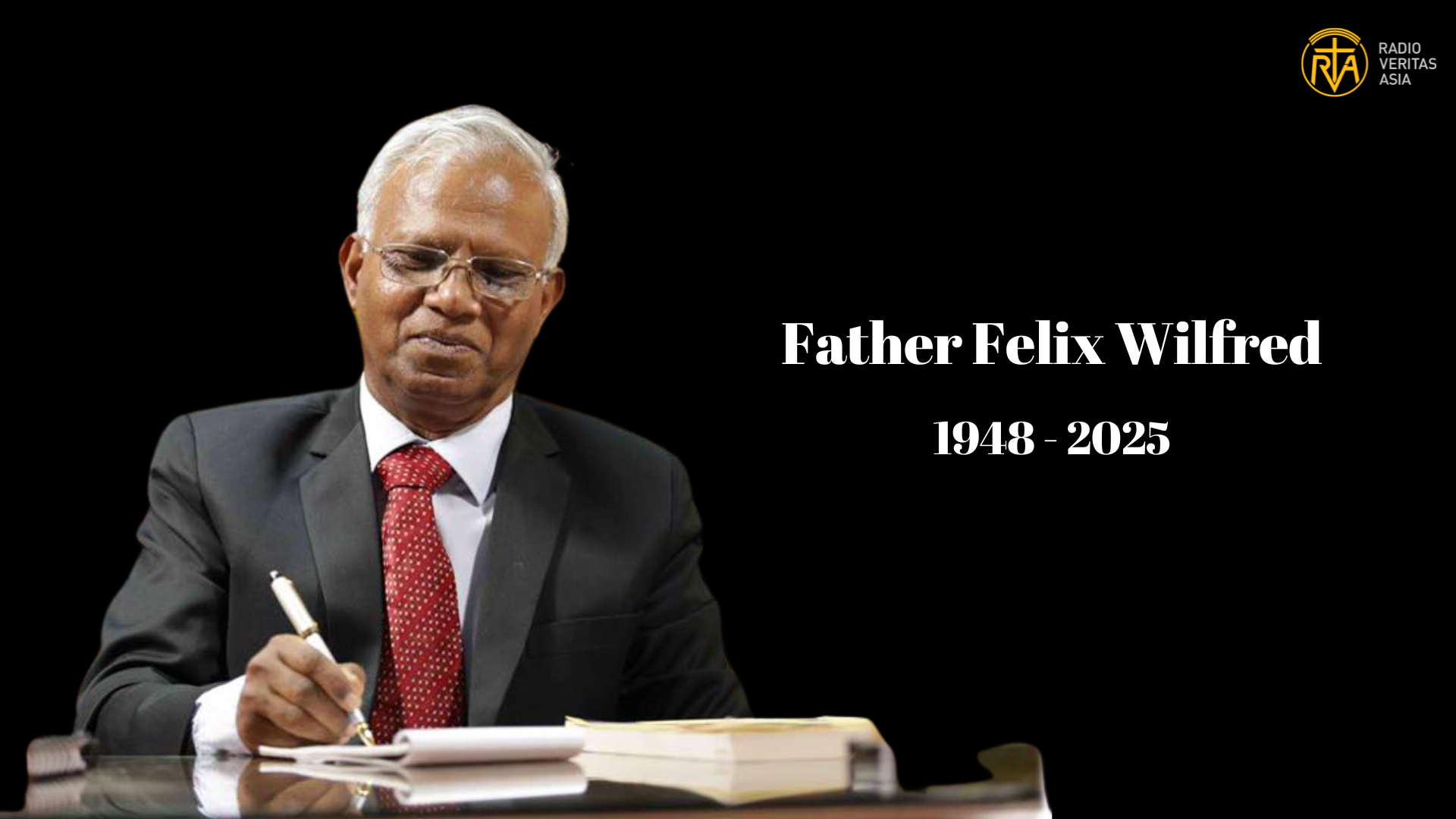
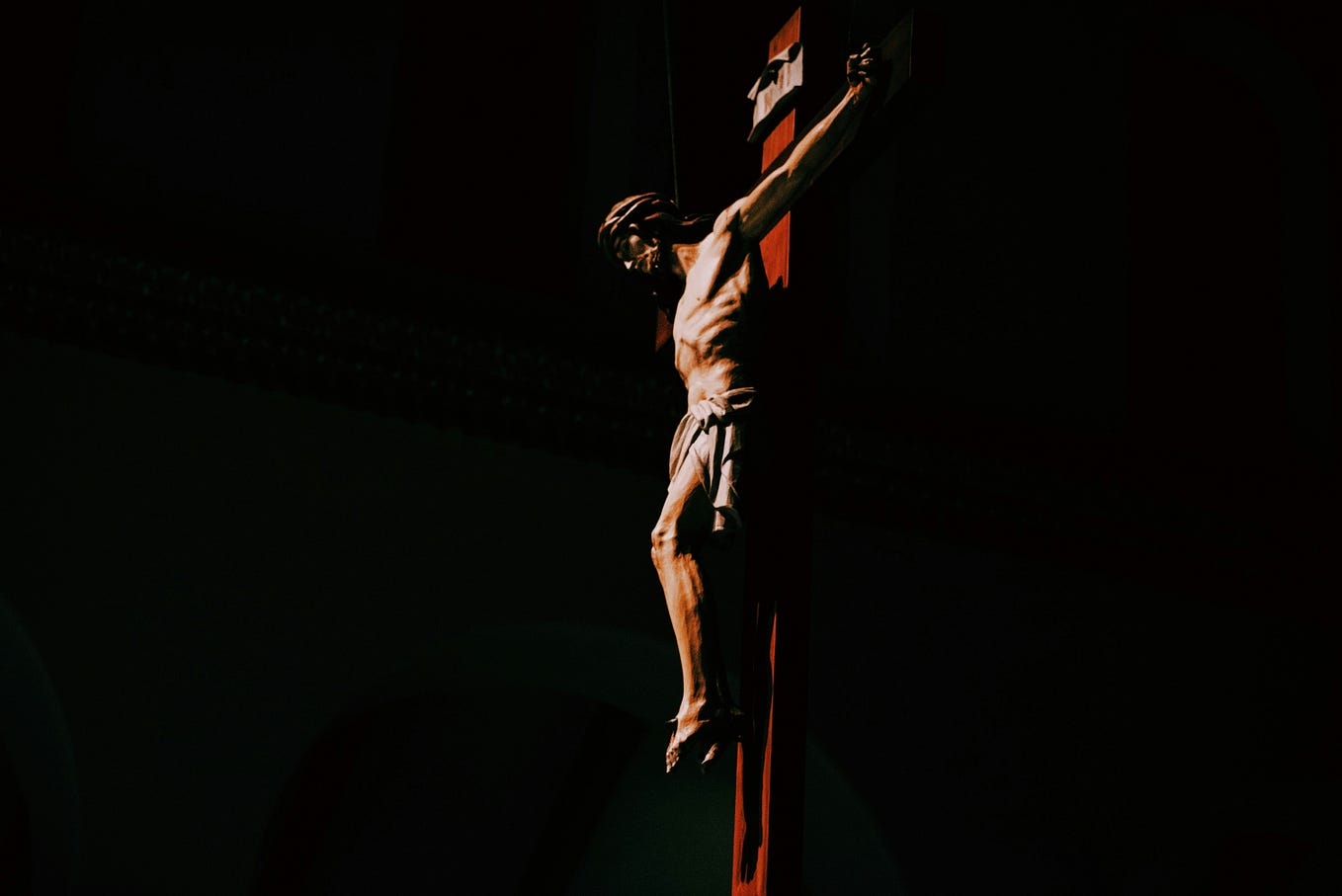
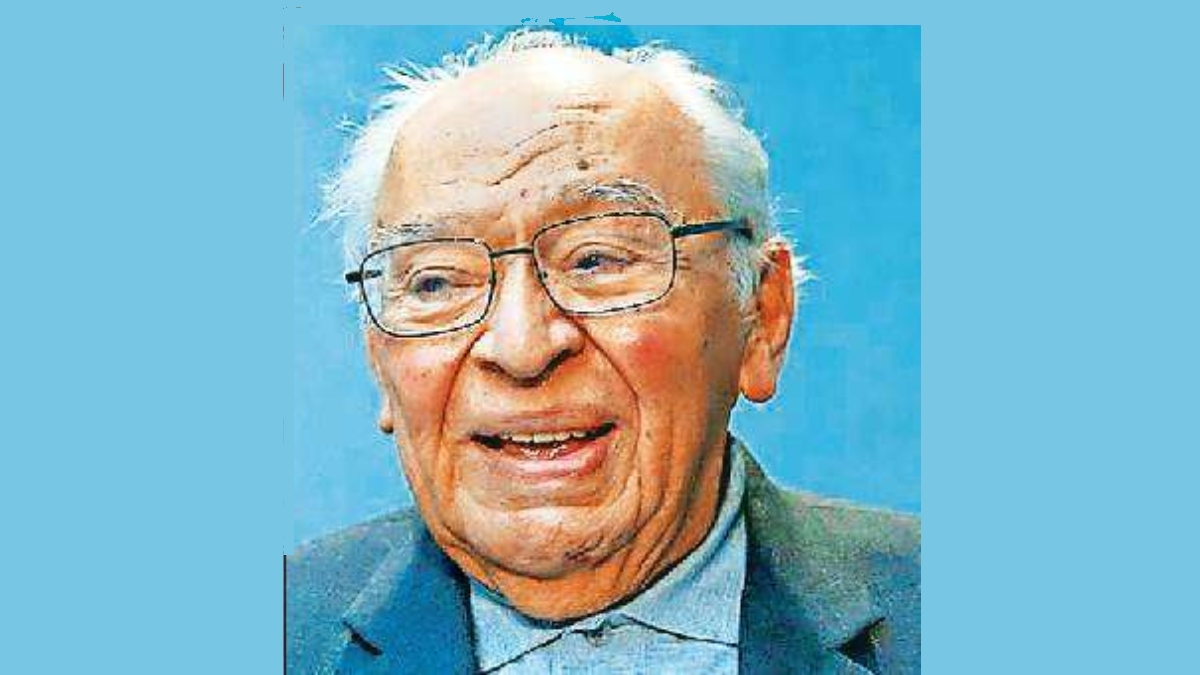
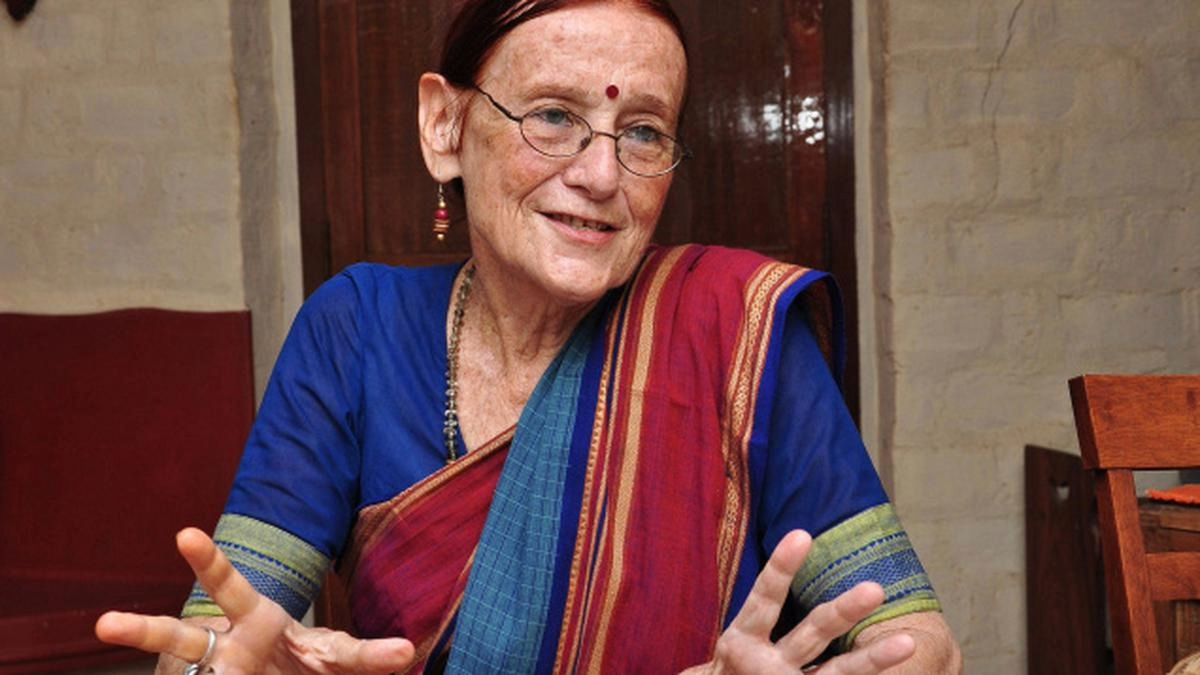
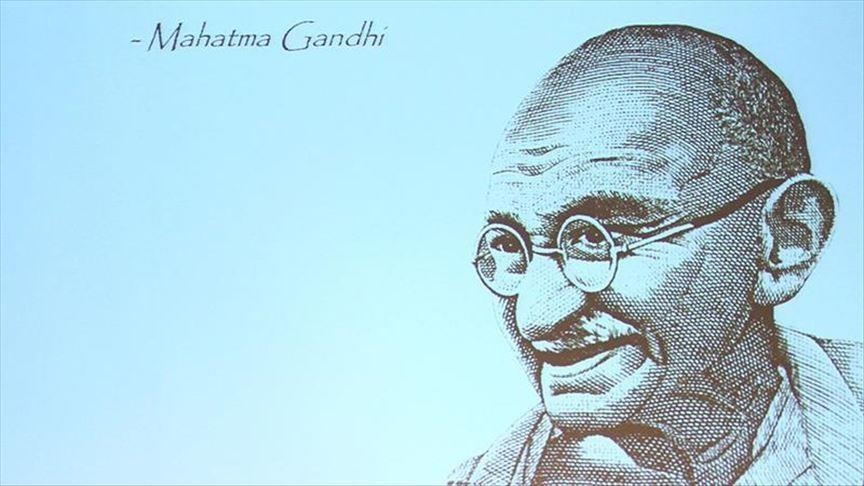
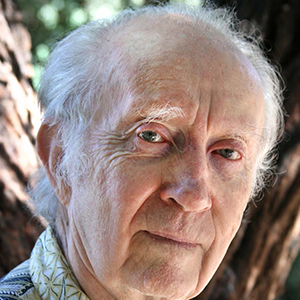

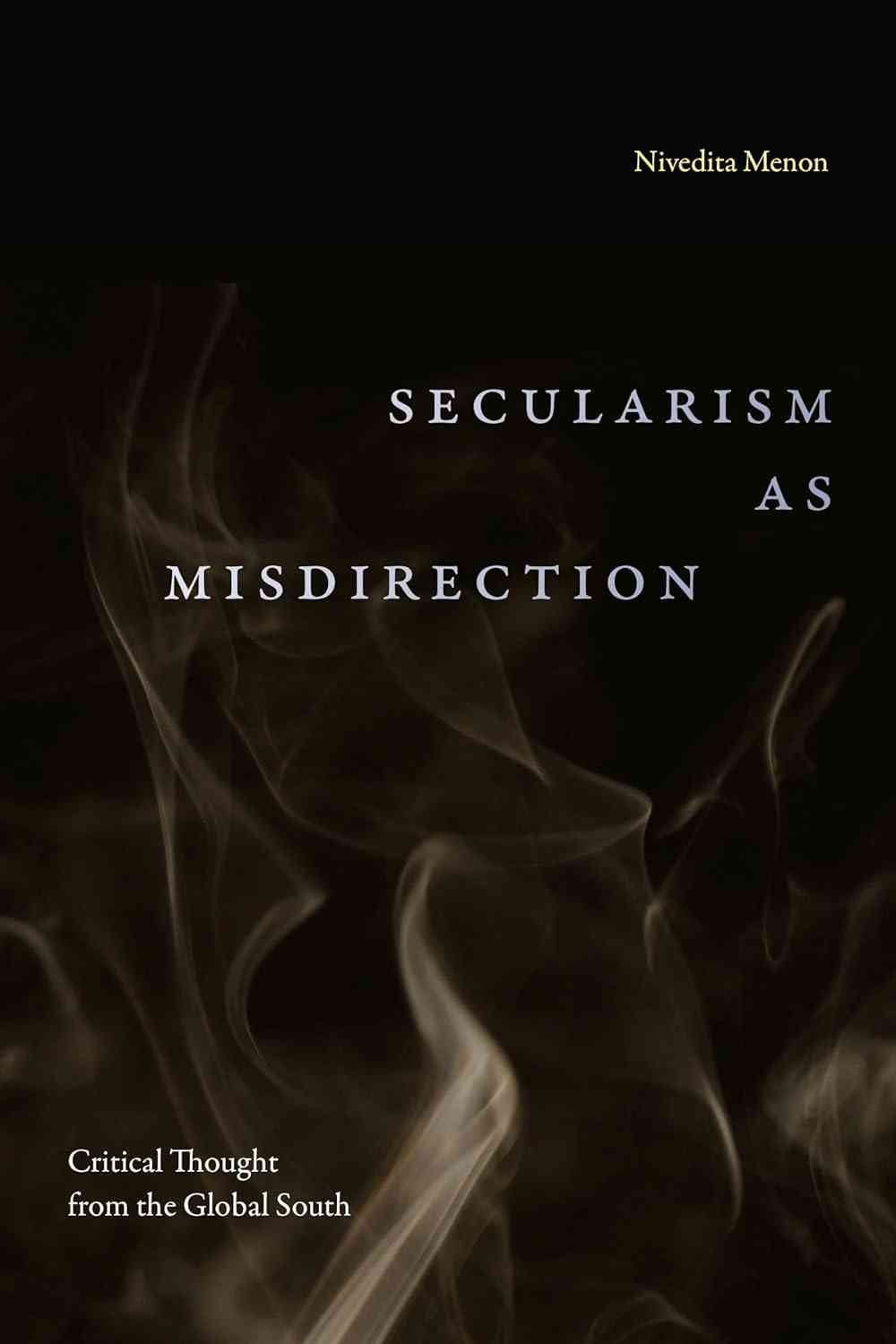

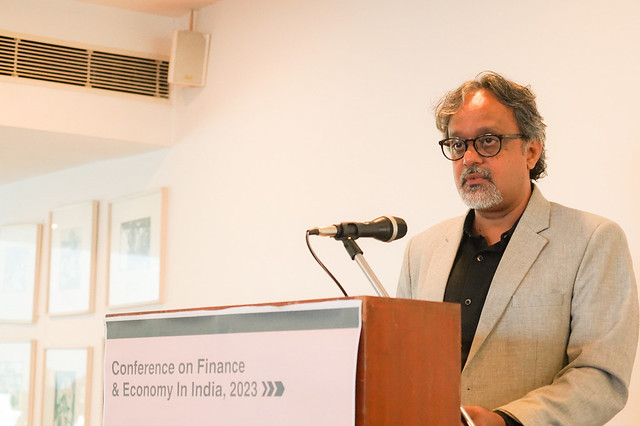
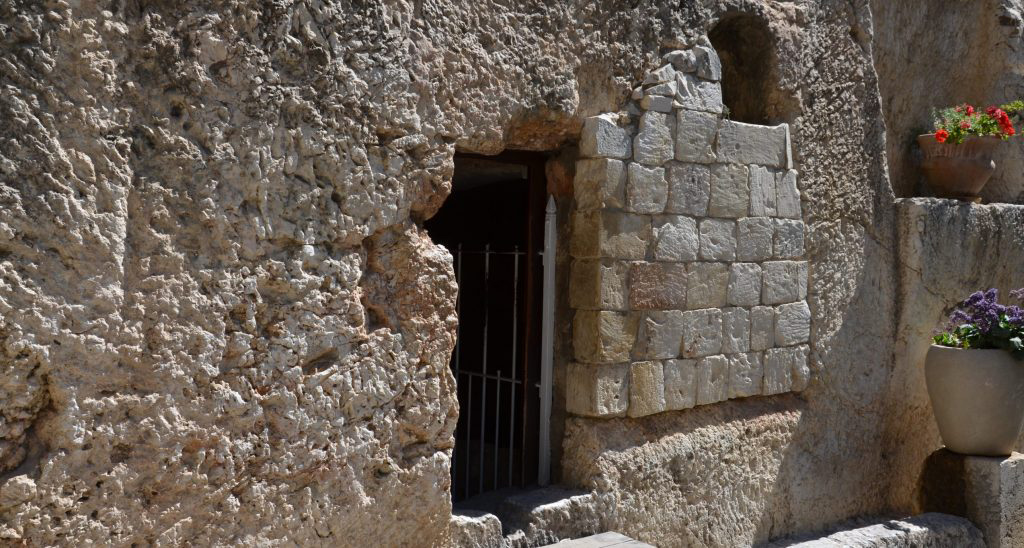
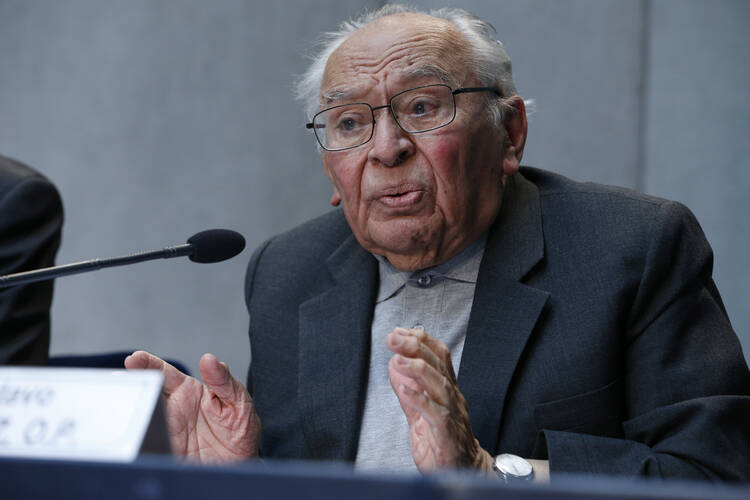

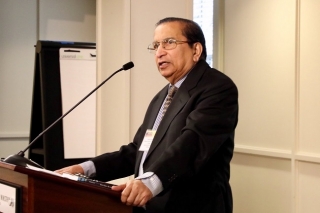
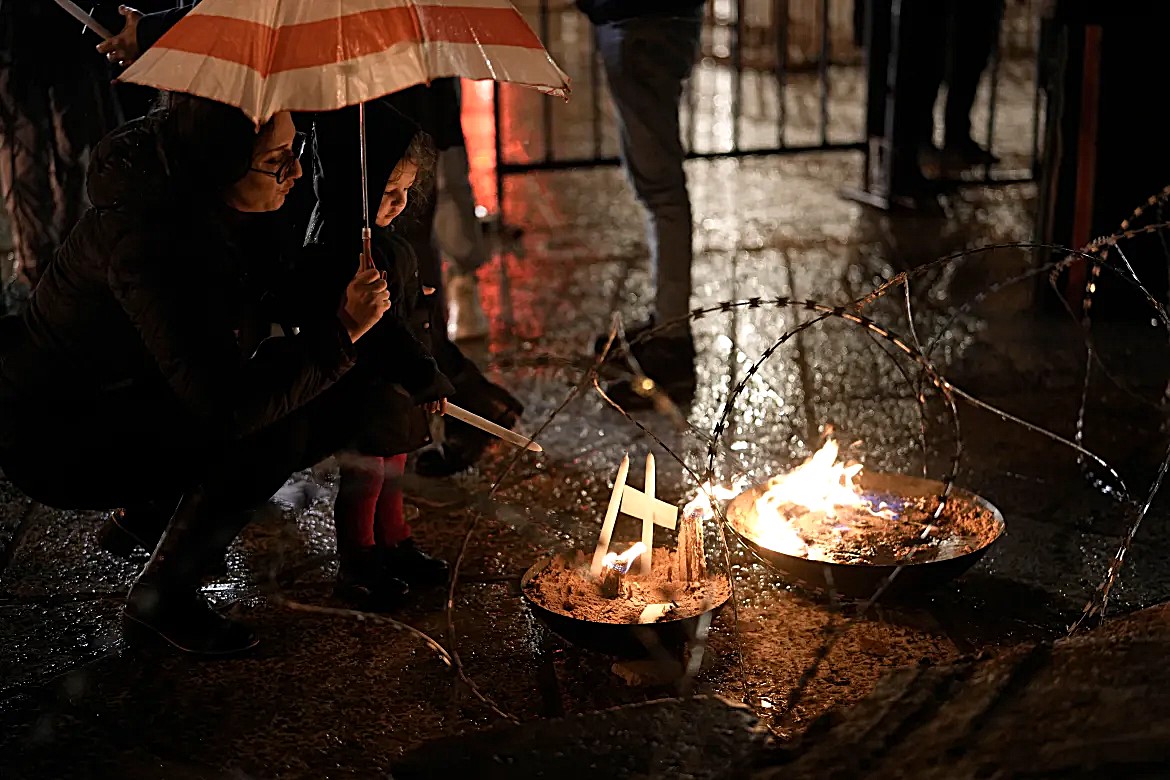

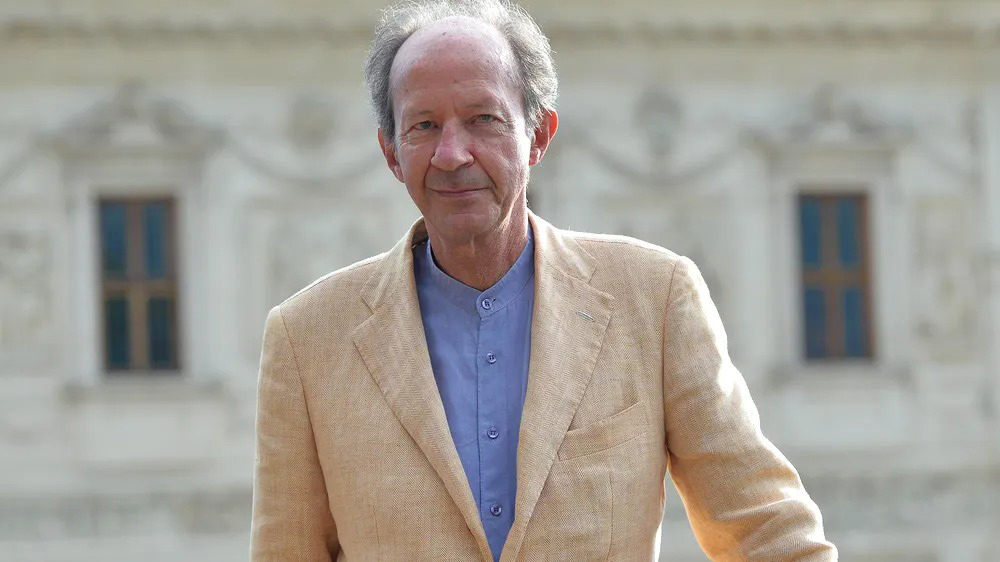

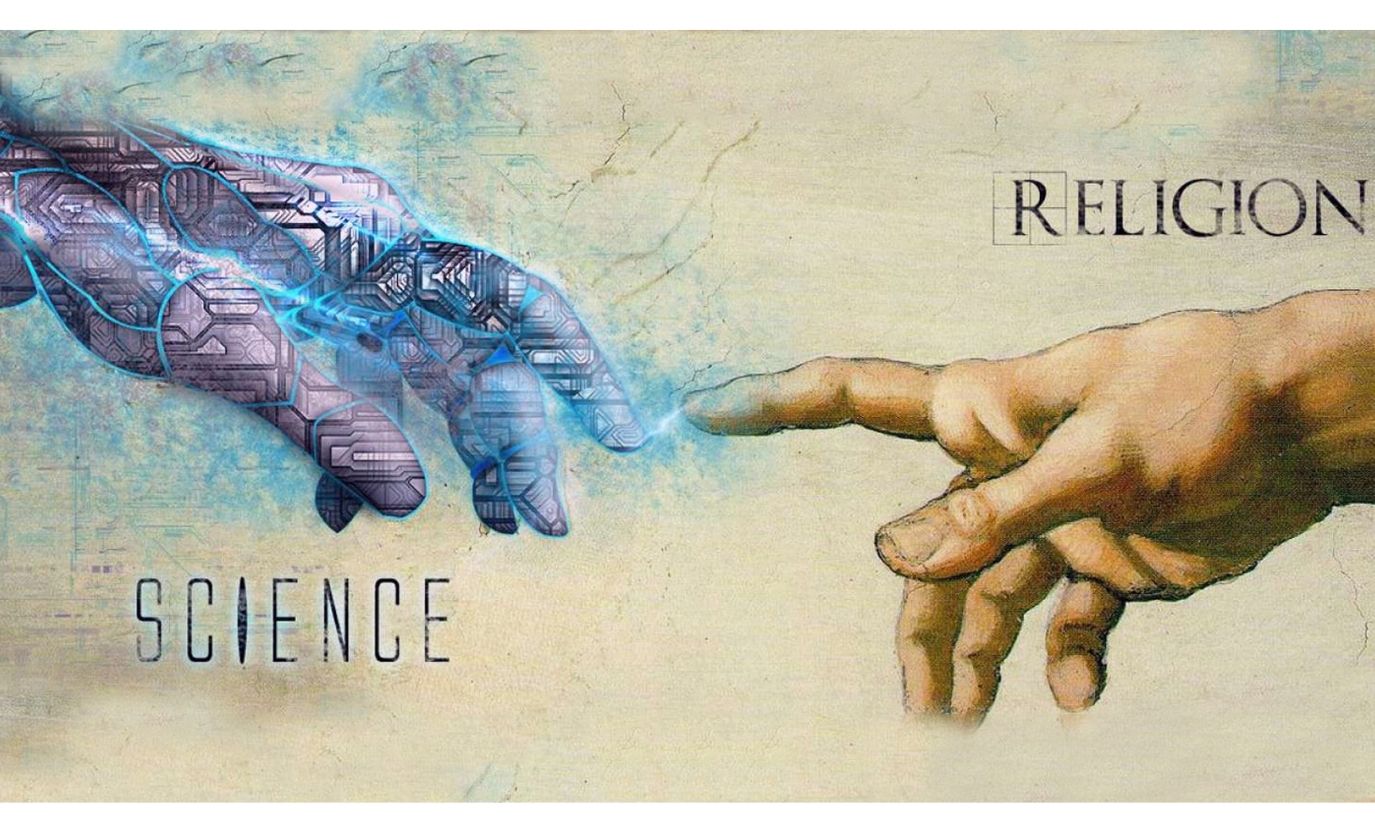
Comments
No Comments